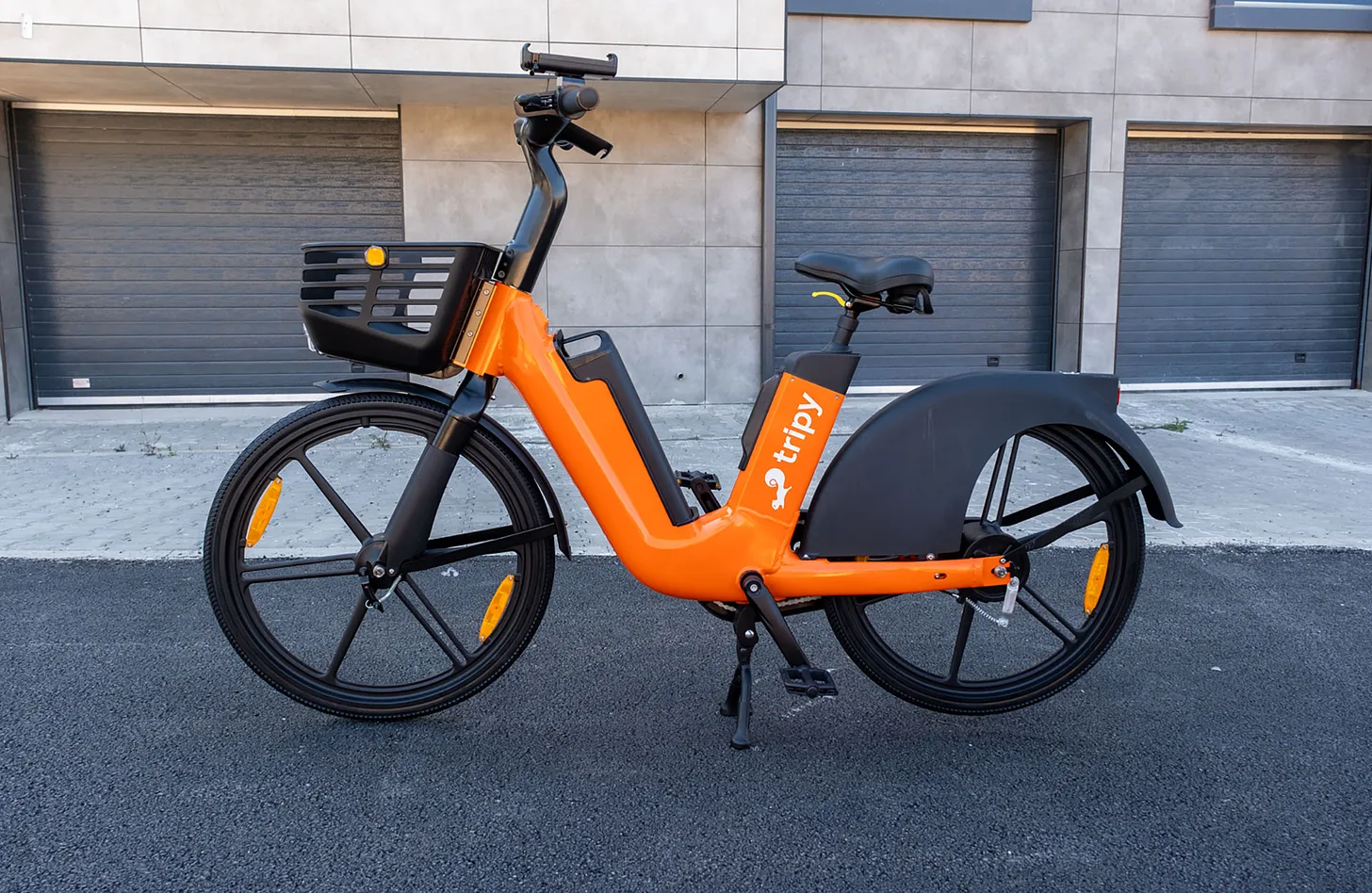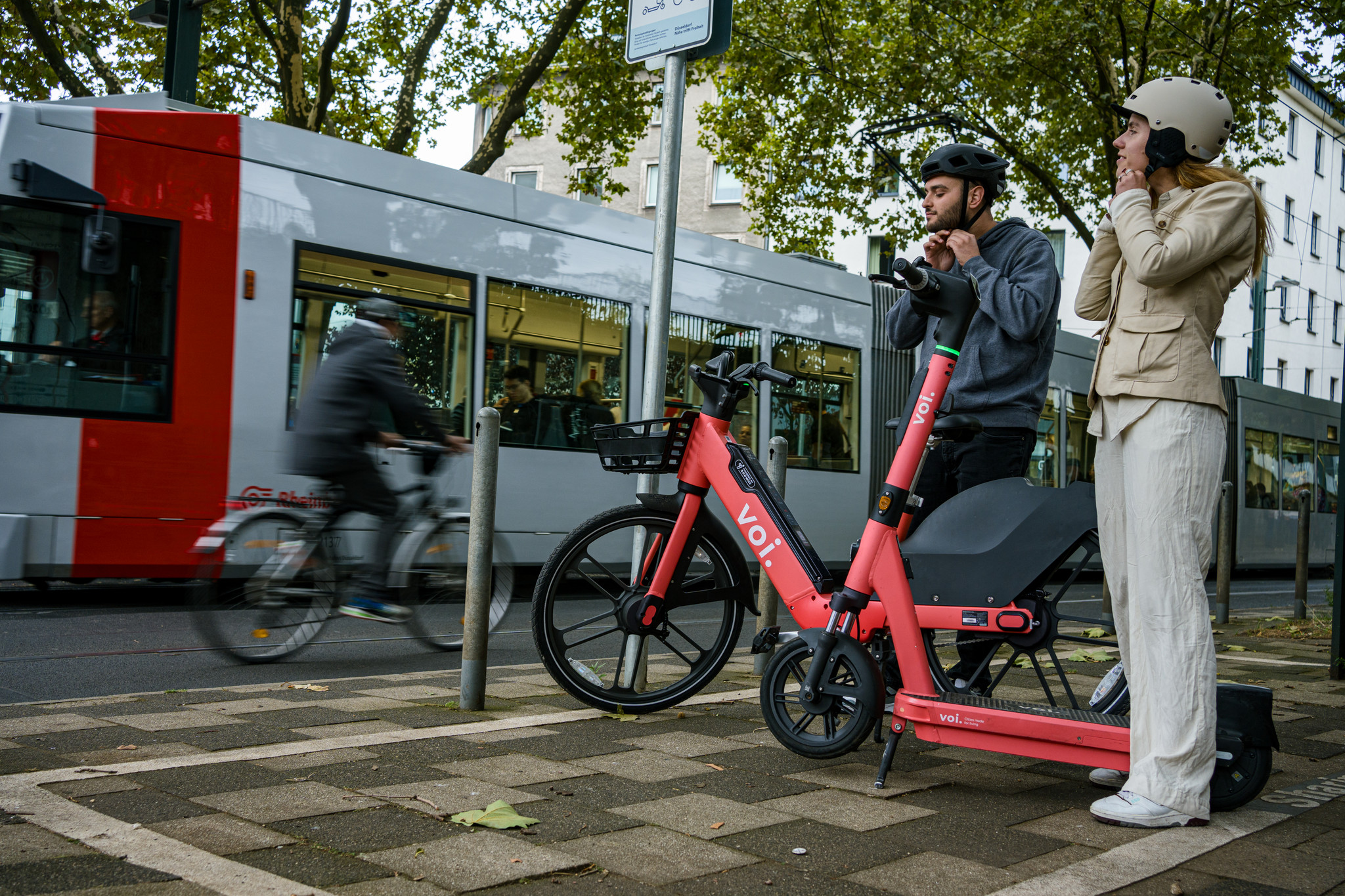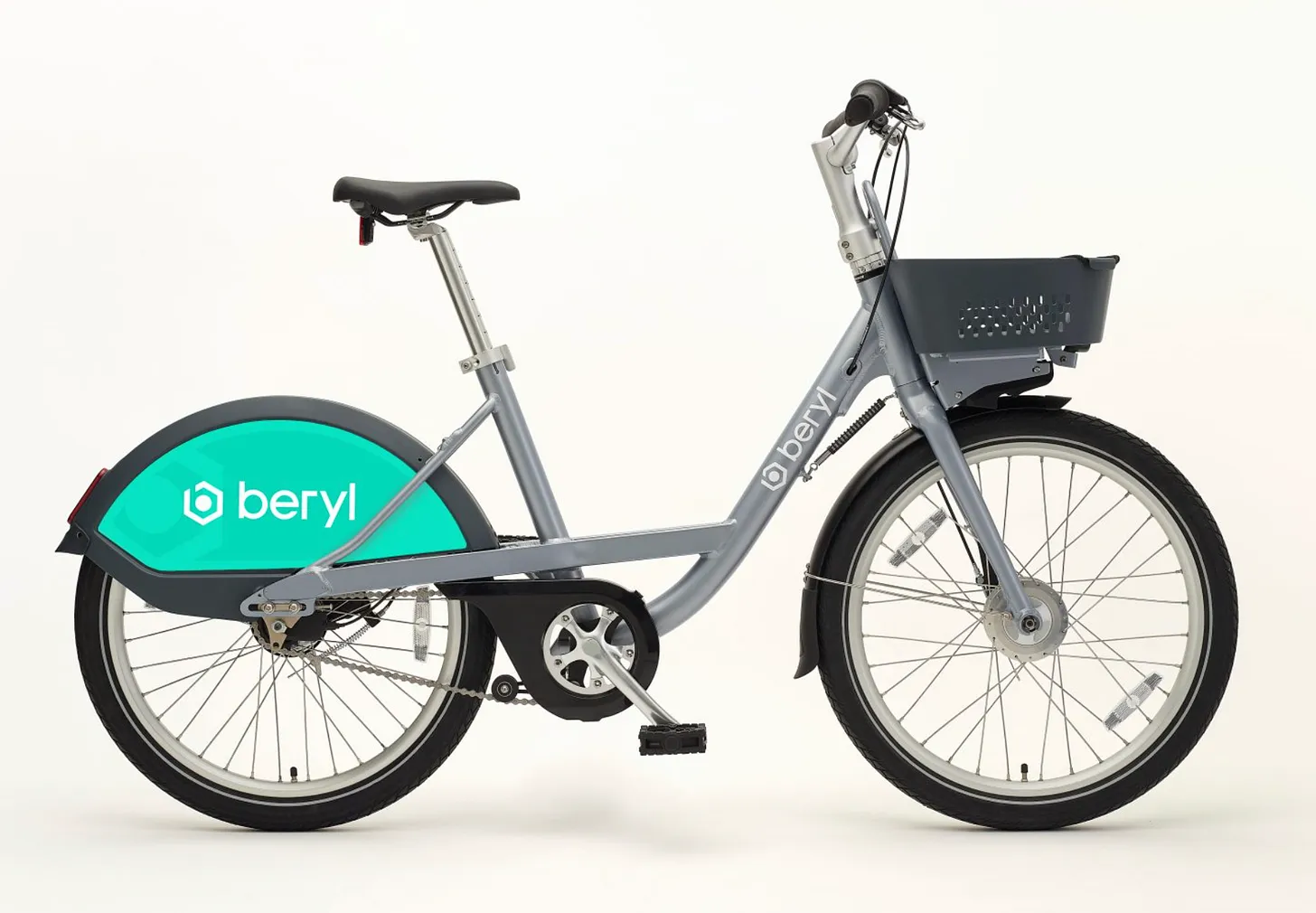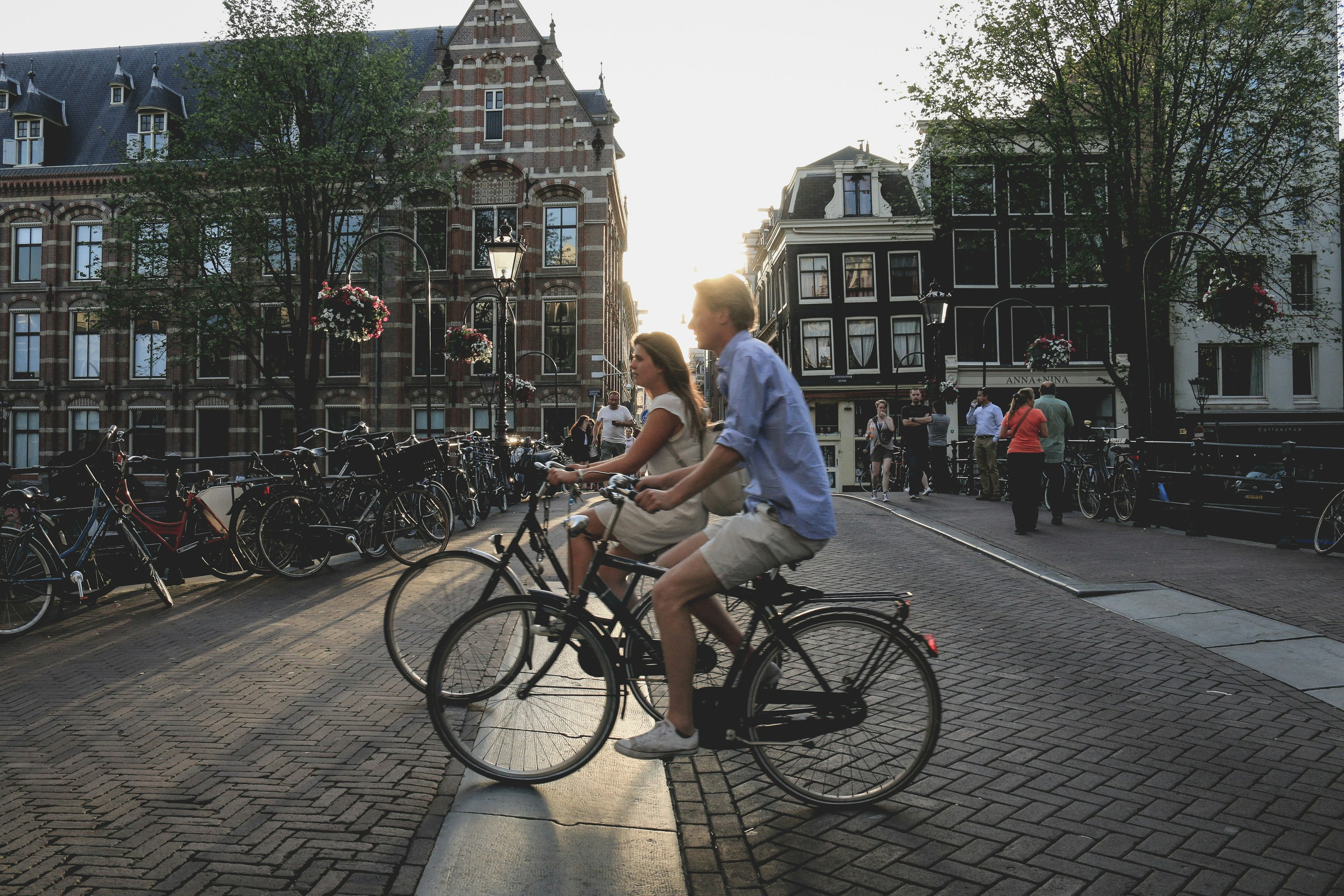Voi Technology has released its 2024 Sustainability Report, highlighting a strategic focus on long-term sustainability over rapid expansion. The Swedish micromobility operator, with over 110k e-scooters and e-bikes in 100+ cities across 12 countries, reports a 77% reduction in emission intensity per kilometer since 2019 and a 20% reduction in total absolute emissions since 2023, firmly placing it on a path to achieve net zero emissions across its entire value chain by 2035.
Voi structures its sustainability strategy around five core areas: Environmental Sustainability, Attractive Cities Available to All, Safety, Operating Responsibly, and Governance.”
Circular Economy and Vehicle Lifespan
With 92% of its emissions originating in its value chain (Scope 3), Voi’s strategy is based on circularity. The company strengthened its carbon accounting in 2024, shifting 40% of its emissions reporting from a spend-based to a more accurate activity-based method. This provided a clearer baseline, revealing that the share of recycled content in new vehicles was lower than previously estimated, but also confirming the efficacy of their longevity focus.

The report states that its latest vehicle generation is built for a 15-year lifespan, a massive increase from the industry's early days. One example is the Voiager 3X model, still in operation five years after its launch, as evidence of the impact of maintenance and refurbishment.
A cornerstone of this circular model is advanced battery management. Through a new refurbishment program with partners Nowos in France and County Battery in the UK , Voi now keeps 98% of its batteries in circulation, either by repairing them for reuse or finding them a second life in stationary applications. In 2024, the precise breakdown was 95.2% kept in the system, 1.9% given a second life, and only 2.9% sent for recycling.
Further solidifying its circular credentials, Voi reported that 36% of all fleet materials were recycled in 2024, with a goal to reach 60% by 2027. The company is also targeting 95% overall recyclability for its vehicles and reducing hard-to-recycle materials like rubber, which currently account for 3.5 kg per vehicle.
Urban Integration and Inclusivity
Voi’s mission extends beyond the vehicle itself to how it integrates into the urban fabric. A flagship partnership with public transport provider Ruter in Oslo has fully integrated e-scooters into the city’s transit app, facilitating over 140k multimodal journeys and offering a practical alternative to private car trips. In Oslo specifically, 61% of riders combine e-scooter trips with public transport, while group-wide the 2024 figure was 51%.
The company is also focused on inclusivity and design. User research with over 11k people informed designs for its new, 30% lighter e-bike and redesigned handlebars to better serve women, older riders, and people of different sizes and strengths. Female ridership currently stands at 25%, and Voi’s long-term goal is to reach 50% by 2035.
To ensure tidy cities, Voi launched an “Activity Score” that nudges users toward better parking habits, with a goal of a 95% average score by 2030. The positive impact of city collaboration is evident in places like Stockholm, which has invested in over 100 parking spots per square kilometre, enabling Voi users to park in under five seconds on average.
Vision Zero
Safety is a non-negotiable priority underpinned by Voi’s “Safe Systems Approach.” Its “Vision Zero” goal aims to eliminate all fatalities and severe injuries by 2030. The 2024 data shows a nuanced picture of genuine progress and improved transparency:
- Moderate accident rates (L2) decreased from 4.2 to 3.9 per million kilometers ridden.
- Reports of severe incidents (L3+) increased from 0.17 to 0.38 per million km. The report attributes this rise not to more accidents, but to a refined, stricter definition of "severe" and a significantly improved culture of internal reporting and transparency.
This progress is enabled by new, safer vehicle generations, in-app navigation that suggests safer routes, and machine-learning tools like Brakepredict and Propredict, which conducted over 11k field safety checks in 2024. Furthermore, the RideSafe Academy has now been engaged by over 600k users.
“We’ve never been clearer about who we are and why we exist,” said Fredrik Hjelm, CEO and co-founder of Voi. “Sustainability isn’t just a part of what we do - it’s at the core of the entire business.”
Check the full report here

.svg)
%2Bcopy.jpeg)

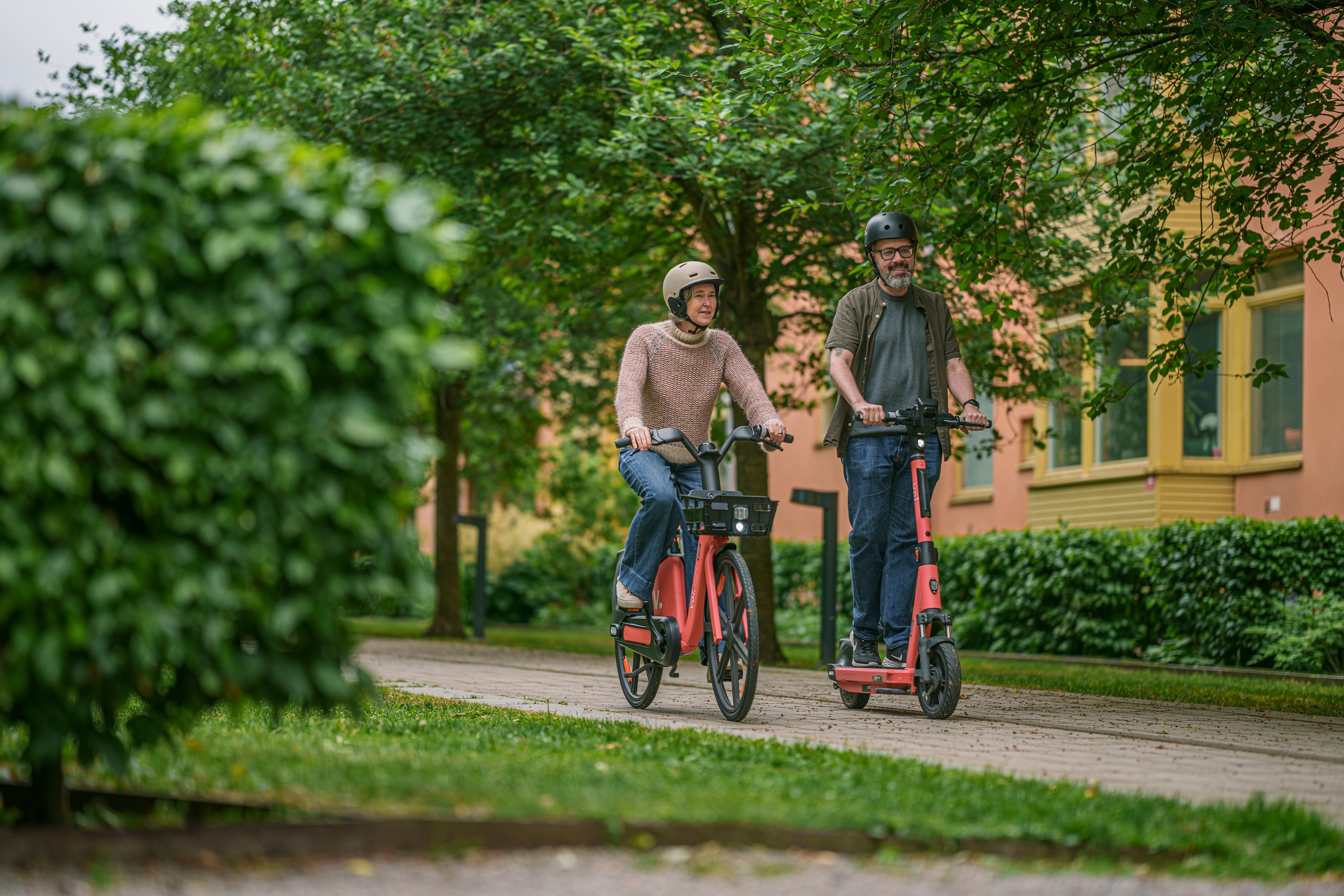
.svg)


